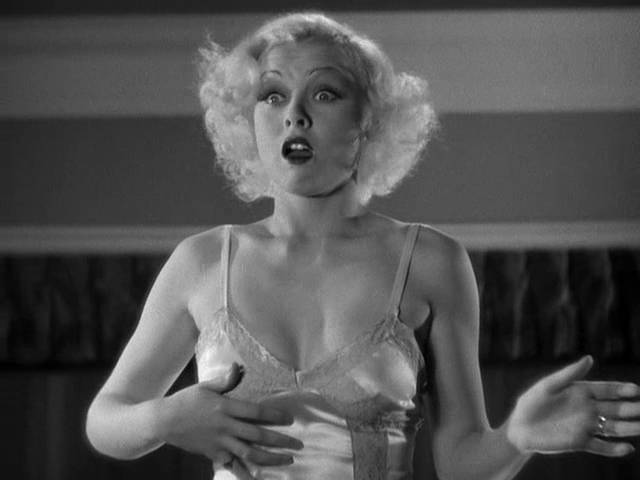Wednesday, February 25, 2015
black and white double feature: a place of one's own and the search for beauty
a Place of One's Own: (1945. dir: Bernard Knowles) Knowles began as Hitchcock's pre-Hollywood cinematographer, and this was his first jaunt in the director's chair.
James Mason plays thirty years older than his true age, and does it with a certain Johnny-Deppian glee, and without a hitch or a falter. This is a ghost story, but plays out like an old parlor-play or chamber-piece, with the servants ducking in upon occasion to act as a Greek chorus, providing exposition and letting us in on the mood of the house. Mason and (also artificially aged) Barbara Mullen shine unfailingly as the unlucky couple who have retired to a haunted house, but Margaret Lockwood, a big star in Britain at the time, gets clumsy with the kabuki over-emoting and nearly ruins the piece. Well, the piece is so slowly-paced that it really ruins itself; she helps it along towards its inevitable failure.
It doesn't hold a candle to the Uninvited, another British ghost story from the same period. This one is like a short story stretched to try and fit across a novel-sized frame, with the same dull conversation about whether ghosts exist repeated as a sort of coda, just to fill the time. Its twist-ending, when it comes, is not sufficiently impressive to justify the build-up. Its best moments are when Mullen is watching the ghost (which we sometimes hear but never see); she is so entirely convincing that one can almost see the phantom reflected in her eyes, and these are the only chilling moments the film has to offer.
the Search for Beauty: (1934. dir: Erle C. Kenton) An early vehicle for Ida Lupino (when she was still blond and English) and Buster Crabbe (with the day's equivalent of a Schwarzenegger physique) about a shyster trio who want to cash in on the sex appeal of Olympian superstars to make a million bucks under the thin veneer of respectability offered by a "health and exercise" campaign. The film itself, pre-Hays and cheese/beefcake focused, achieves some inspired moments of levity with its skipping dialogue and the wonderful powers of reaction owned by James Gleason, a veteran of the Spanish-American War, then of the stage, then a frequenter of the backlot from the earliest times of Hollywood. Mostly, though, it's about healthy young bodies parading around wearing very little.
Subscribe to:
Post Comments (Atom)












No comments:
Post a Comment